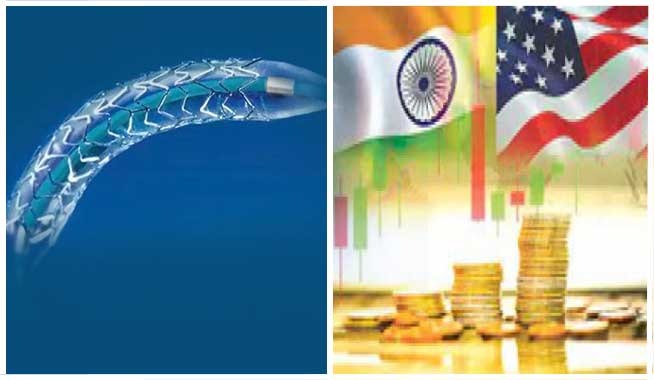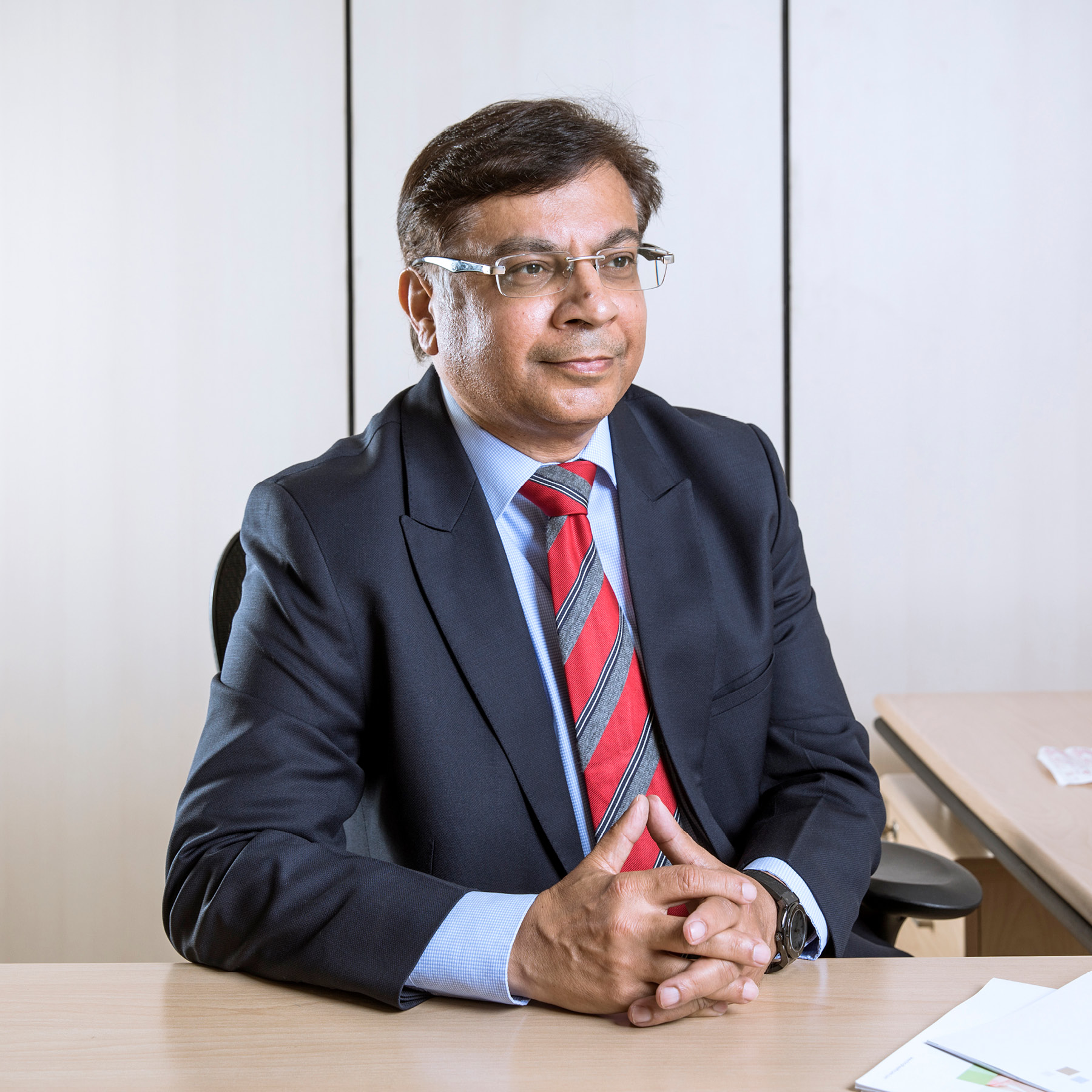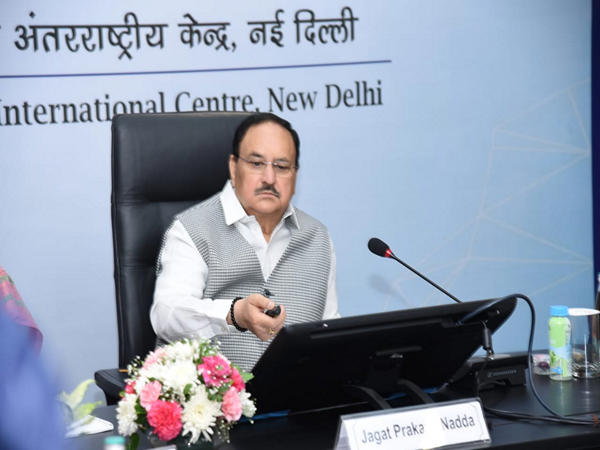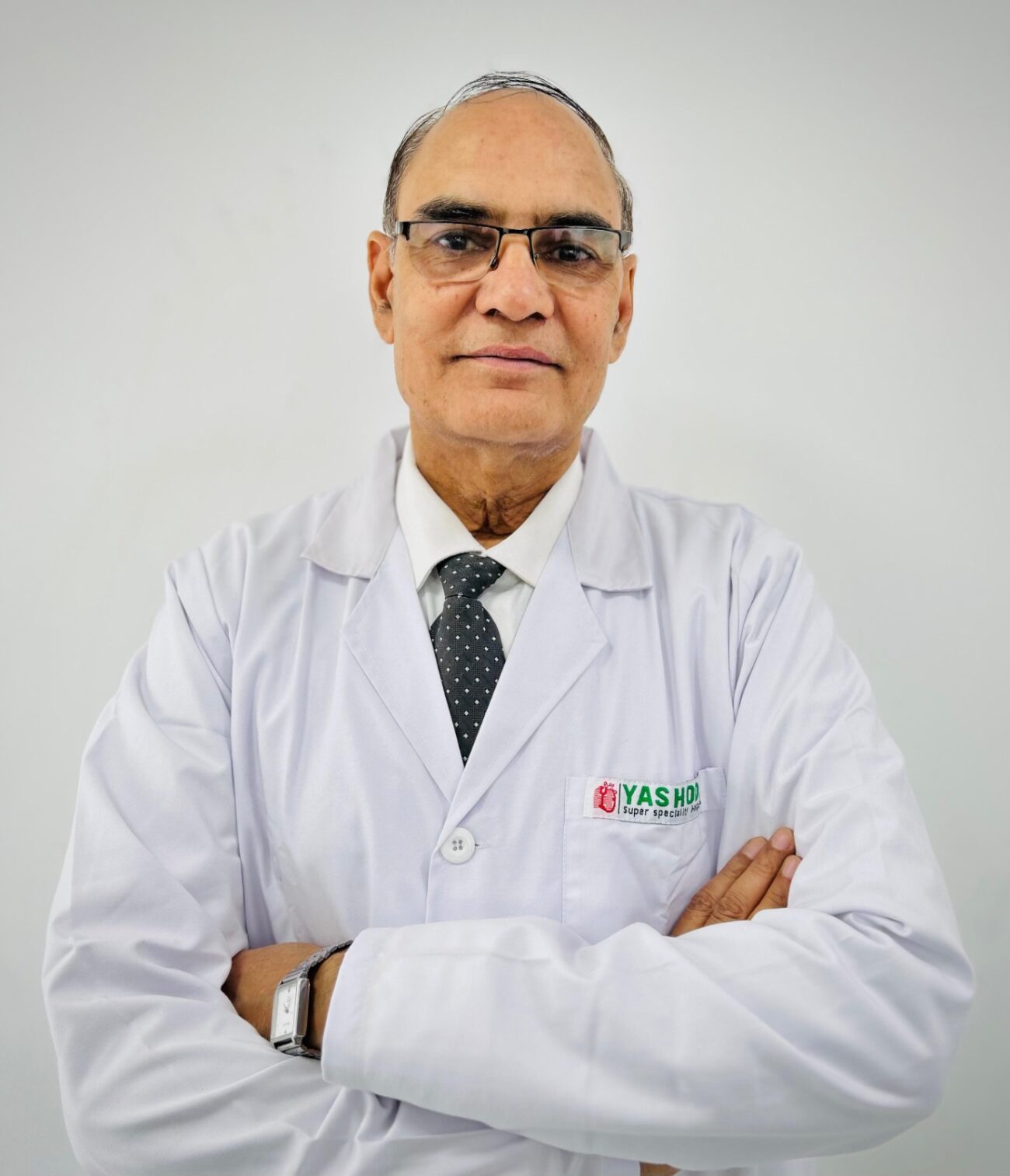Gujarat Reconsiders Stent Pricing Policy Amid Industry Concerns; Indian Medical Device Sector Seeks Strategic Response to U.S. Tariffs
In a significant policy development, the Government of Gujarat has reversed its earlier decision to exempt stents from the purview of central pricing regulation under the Clinical Establishments Act. This comes after broad-based feedback and

In a significant policy development, the Government of Gujarat has reversed its earlier decision to exempt stents from the purview of central pricing regulation under the Clinical Establishments Act. This comes after broad-based feedback and concern from industry stakeholders, patient advocacy groups, and healthcare experts.
Simultaneously, the Indian medical device industry is contending with a major external challenge as the United States has imposed a 26% reciprocal tariff on select categories of Indian-origin medical devices. Industry bodies are urging the Government of India to adopt a calibrated, strategic response to safeguard India’s interests, ensure patient access, and foster global competitiveness.
Gujarat’s Policy Realignment on Stent Pricing
The Gujarat government’s initial move to allow private hospitals to bypass the price caps mandated by the National Pharmaceutical Pricing Authority (NPPA) for cardiac stents had sparked widespread concerns across the healthcare and medical device sectors. The exemption, if implemented, would have created pricing disparities across states and potentially affected the affordability of life-saving cardiac care.
Following stakeholder consultations and feedback from national medical associations and healthcare professionals, the state has now announced a course correction, reaffirming adherence to the NPPA’s notified ceiling prices for drug-eluting stents and bare-metal stents.
“We Applaud the Gujarat Government for its responsive and consultative approach. Ensuring affordability while upholding industry sustainability is key to strengthening India’s healthcare delivery model,” said a senior spokesperson from the Association of Indian Medical Device Industry (AiMeD).
This reversal is being hailed as a positive signal for the sector, underscoring the importance of federal alignment in critical healthcare pricing matters.
U.S. Tariffs on Indian Devices: Industry Seeks Balanced Countermeasures
In a parallel development with far-reaching implications, the United States Trade Representative (USTR), under a renewed trade doctrine, has imposed a 26% tariff on Indian-manufactured medical devices. The move has prompted concern among Indian exporters and policymakers alike, especially considering that many U.S.-made finished medical devices currently enter India at 0% customs duty.
Industry leaders have emphasized the need for a reciprocal and strategic response. The prevailing sentiment is that India must protect its growing medical device ecosystem from external shocks while continuing to engage constructively in global trade negotiations.
“India’s response to the Trump reciprocal tariff of 26% should be multi-faceted,” stated Mr. Rajiv Nath, Forum Coordinator, AiMeD.

“We should focus on promoting domestic manufacturing, diversifying exports beyond the U.S., improving trade infrastructure, reducing inward freight haulage costs, and most importantly, engaging diplomatically with the United States to explore a win-win collaboration; and AiMeD has been seeking reasonable duty of 10-15% where there’s adequate manufacturing capacity and capability proven by exports on basis of global competitiveness”

Gaurav Agarwal Co-Founder and Managing Director, Innvolution Healthcare has also recommended that India consider increasing Basic Customs Duty (BCD) on finished medical devices imported from the U.S. – from 2.5% to at least 7.5%, with some advocating for a hike up to 20% – to create a level playing field for Indian manufacturers and reduce overdependence on imports
The Road Ahead: Strengthening Self-Reliance & Trade Resilience
These recent developments, both domestic and international, have reignited discussions around India’s long-term goals for the medical device sector. With nearly 70% of India’s medical device market being import-dependent, industry leaders are advocating for urgent reforms and investments in domestic R&D, innovation, and infrastructure.
“This is a wake-up call for the Indian medtech sector. We must double down on our Make in India efforts, build a robust value chain, and position India as a global hub for affordable, quality medical devices,” noted Mr. Pavan Choudary, Chairman, Medical Technology Association of India (MTaI).
“Collaborative policymaking between Centre and States, consistency in pricing regulations, and supportive taxation frameworks are vital to fostering both innovation and access,” added Ms. Meena Ganesh, Co-Founder & Chairperson, Portea Medical.
Industry bodies including AiMeD, MTaI, FICCI, and CII are now urging the Government to:
- Reassess the import duty structure for finished medical devices from highly developed markets.
- Incentivize indigenous production under the PLI (Production Linked Incentive) Scheme.
- Streamline regulatory compliance and accelerate approval timelines for domestic manufacturers.
- Expand bilateral trade outreach to new markets in Latin America, Africa, and Southeast Asia.
As India navigates a complex landscape of global trade tensions and evolving domestic health policies, the medical device industry is calling for a visionary, inclusive, and action-oriented roadmap. Ensuring affordable patient care, safeguarding the interests of Indian manufacturers, and maintaining India’s growing stature in global healthcare are not mutually exclusive – but rather interdependent goals.






